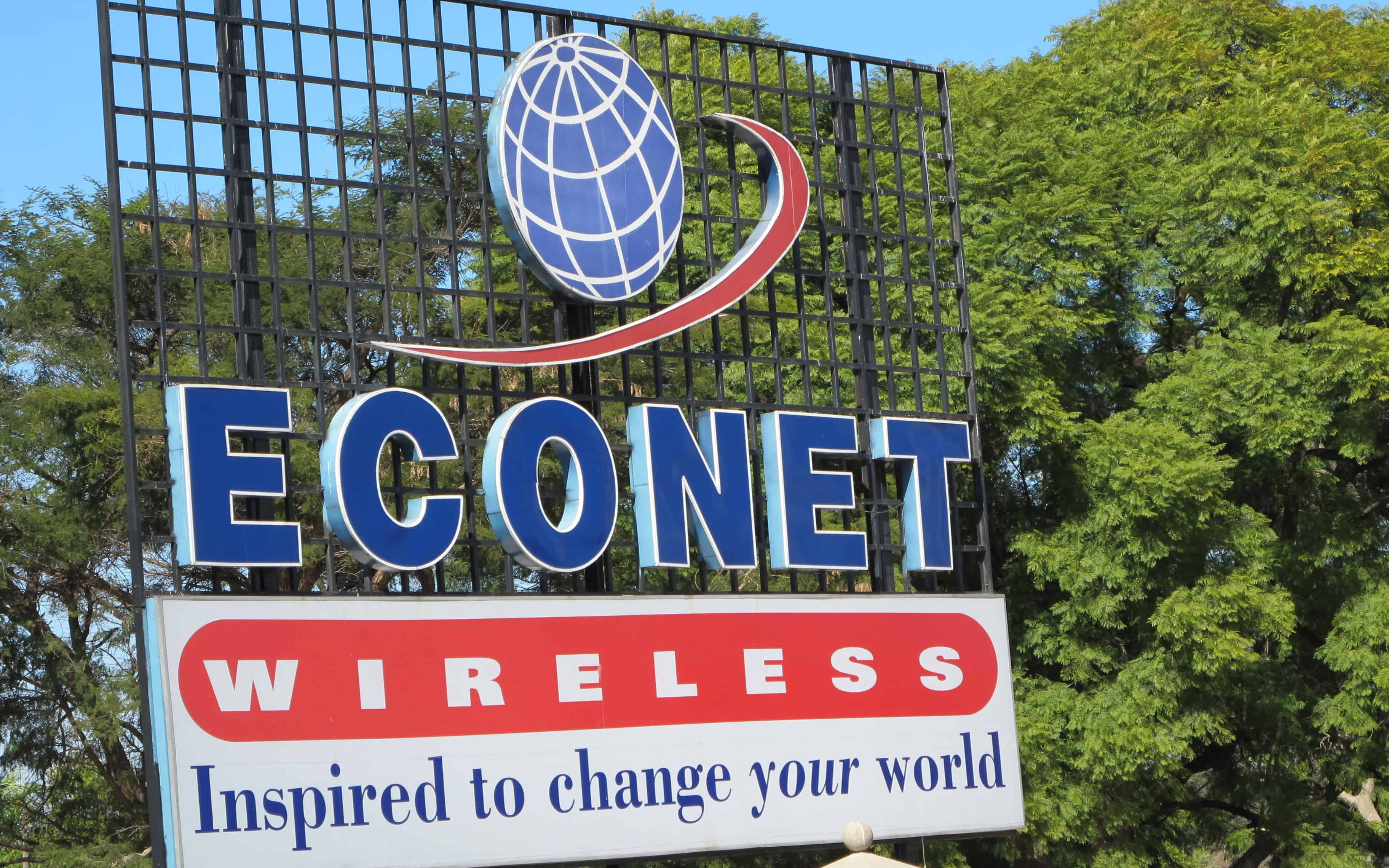Econet Wireless has started harvesting the fruits of its investment drive, however the impact of inflation, sub-economic tariffs and the currency depreciation still threatened the company’s earnings.
Econet Wireless, the biggest telecommunications company in Zimbabwe’s latest half-year results have exposed the trend being faced by many other firms.
From an investment level of less than 5% of revenue in previous years, Econet Wireless increased its capital investments to 24% of revenue in the six months to August.
This move saw 252 base station sites being modernised in the first quarter, and a further 439 sites in the second quarter, covering Harare and Bulawayo.
This was one of the most significant network investment in years.
“We successfully leveraged the partnerships we have with our major equipment vendors to modernise our network after several years of under-investment,” Econet reports.
“The network modernisation entails replacing old equipment that had limited capacity or is no longer supported by the vendors.
“The modernised equipment has better performance, capacity and coverage.”
This investment assisted the company to expand the amount of traffic on the network, with users making 24% more voice calls and using 25% more data on the Econet network.
However, inflation and exchange losses ate into earnings, leaving Econet with a loss before monetary adjustment of ZW$24 billion against a prior period comparative loss of ZW$40 billion.
“Exchange losses from US dollar-denominated liabilities driven by the weakening local currency continue to have a negative impact on the Group’s performance.
“During the period, the Group incurred exchange losses amounting to ZW$375 billion representing 34% of revenue against a prior period comparative of 39%,” says Econet.
The company points out that while its customers may see Econet tariffs as too high due to inflation eroding incomes, telecom operators say the charges are below cost.
“Viable pricing of telecommunication services remains a key factor for the continued growth and sustainability of the industry,” Econet says.
“The volatile operating environment continues to significantly erode the benefits of any tariff adjustments.
“Regular and effective tariff reviews that track inflation and exchange rate movements are critical to ensure the viability and sustainability of the sector.
“According to the Postal, Regulatory Telecommunications Authority of Zimbabwe (POTRAZ) voice and data tariffs remain at discounts of 58% and 88% respectively to the region.”













